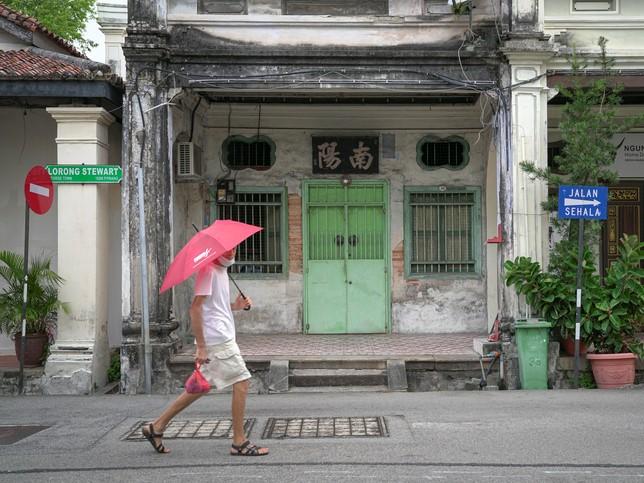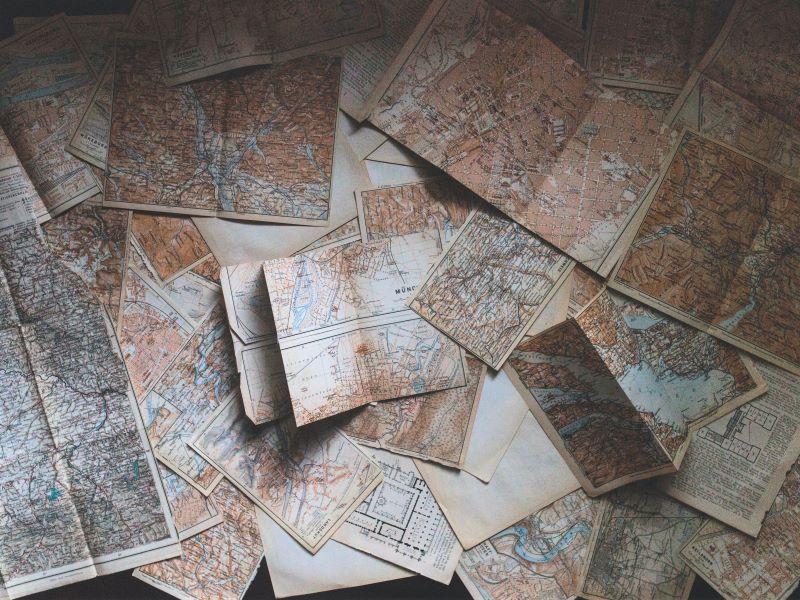
Can there ever be a neat history of colonialism?

You may also like
As I prepare to teach yet another course on the history of colonialism in South-east Asia, I brace myself for the reactions that I have grown all too familiar with, having taught the subject in several universities in the region. The reactions from students are always varied but can be summarily rounded up into three general categories. The first is that colonialism is over, and thus the legacy of Empire and colonialism is no longer relevant to those of us who live in the postcolonial present. The second is that Empire wasn’t as bad as it is made out to be, and there were some good things that came out of it – which often reminds me of the “What have the Romans ever done for us?” sketch in Monty Python’s Life of Brian. The third is that Empire is simply too painful a subject – one that is upsetting for many.
Having taught the history of colonialism in postcolonial South-east Asia for more than a decade now, I am quite familiar with such concerns and they don’t really surprise me any longer; I am more worried about the fact that students in the region seem to know the map of Tolkien’s Middle Earth better than the map of South-east Asia.
My biggest concern, however, is that people today seem to want their history in bite-sized nuggets and prefer histories that are linear and totalising; there remains a sense of apprehension about histories that are complex, muddled and messy. But it is only by addressing the messiness of history – and the prolonged episode of Empire in particular – that we can address the reactions mentioned above.
- How to support academic staff starting the journey of decolonising the curriculum
- Decolonising the curriculum – how do I get started?
- Negotiating the minefield of global online teaching: dealing with difference
The claim that Empire is “over” can only be refuted when we understand that history is not episodic and that the divide between the “precolonial”, “colonial” and “postcolonial” eras is an artificial one. One only has to look at the evident inequalities in global Covid vaccine distribution today to see that the power and wealth differentials between North and South remain all too real – and that they are not “natural” but rather the result of inequalities that were developed during the colonial era. The challenge that teachers like me face today is somehow explaining these continuities to students who do not seem to be aware of them, as well as how the structural changes in the world today are the result of changes that were brought about by Empire.
The same can be said about the “good things” that Empire brought with it, which may have been good for some but were certainly not for all. It cannot be denied that Empire did come with fringe benefits, but those benefits were enjoyed mostly by those who subscribed to the logic and praxis of racialised colonial capitalism. And among those “good things” was the capital-driven developmentalist mindset that remains largely unchallenged in many parts of the postcolonial world today.
The most difficult challenge I have faced, however, is trying to explain how and why the era of Empire lasted for so long, and how the various European empires were able to maintain their presence in colonial South-east Asia despite the fact that the region was not overwhelmed by millions of Europeans. The answer to that question is collaboration and the fact that Empire also brought with it opportunity structures that invited and allowed colonial subjects to take part in their own colonisation.
For postcolonial societies across the world, the messy reality of collaboration remains a sore point for many. Yet it cannot be denied that the colonial armies of Britain, the Netherlands, France, Spain and others were made up of native troops who actively took part in the colonial enterprise and colonial policing. Teaching about this in the context of present-day postcolonial societies can be difficult, particularly in cases where the colonial praxis of divide-and-rule meant that different ethnic groups were given distinct roles – in the colonial army, colonial police, colonial bureaucracy and colonial economy – and all the while kept divided among themselves. In some postcolonial states where ethnic cleavages remain evident for all to see, this is a topic that can arouse hostility, resentment and endless rounds of collective blaming.
I have tried to address these concerns by constantly reminding my students of the fact that all empires were messy and that the messiest part of Empire’s history is the daily reality of both active and passive collaboration that took place in the past. The crucial point that needs to be emphasised time and again is that history should not be used as a tool to blame communities in toto and that it is equally important for us to remember the plethora of instances of native resistance, subversion from within the colonial machinery, passive collaboration for the sake of survival, and so on.
As educators we need to remind ourselves that teaching the history of Empire means having to take on these realities whether we like it or not, for such things did happen, and there is no way that one can write a neat or “happy” history of Empire by any stretch of the imagination.
But it could be argued that unless and until we understand that historical narratives are neither linear nor episodic, we will not be able to fully comprehend the complexities of the world today, which is built upon the foundations that were laid by Empire. An awareness of the complex entanglements of the past – between colonisers, collaborators and those whose subject positions were determined by colonialism – may not be the magical balm of Gilead that will solve the problems of today, but it will at least remind us that the world as we find it now did not emerge out of nowhere.
Even if this is all that a complex rendering of history can do for us now, it will at least remind us and our students that we are not human flotsam, floating in episodic time, and that human agency brought us to the world in which we reside.
Farish A Noor is professor in the department of history, Faculty of the Arts and Social Sciences, University of Malaya, Malaysia.
If you found this interesting and want advice and insight from academics and university staff delivered direct to your inbox each week, sign up for the THE Campus newsletter.


